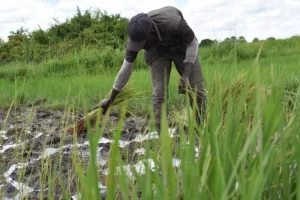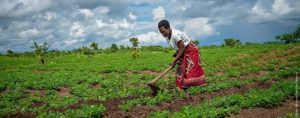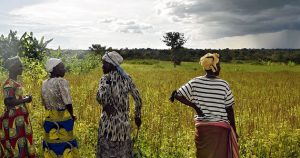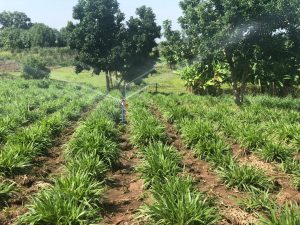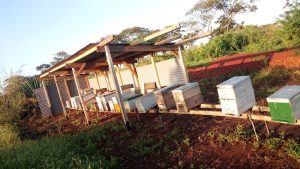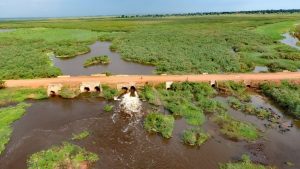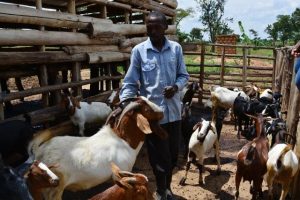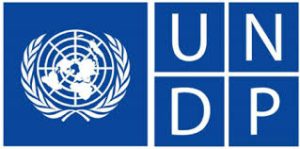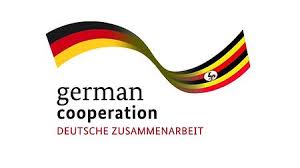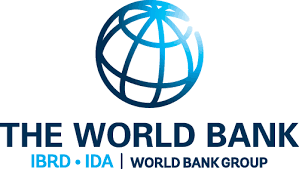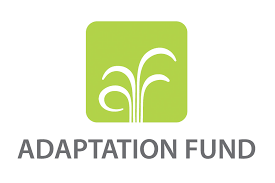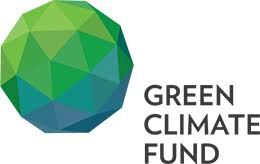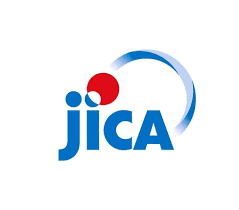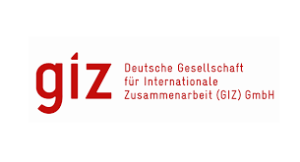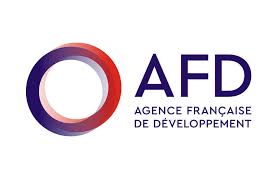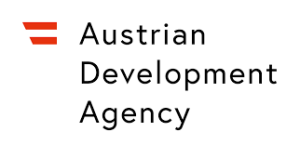JWESSP 2013-2018.
The Joint Water and Environment Sector Support Programme (JWESSP) was a comprehensive and strategic initiative undertaken by the Ministry of Water and Environment, spanning from 2013 to 2018. This programme represented a significant step towards achieving sustainable management of Uganda’s water and environmental resources, contributing directly to the country’s national development goals, including poverty eradication, improved health, and socio-economic transformation. JWESSP was designed as a sector-wide approach, fostering strong collaboration among government entities, development partners, and local communities to deliver integrated water and environmental services across the nation.
Key Objectives and Achievements:
JWESSP focused on several critical areas, yielding substantial positive impacts across the water and environment sector:
- Improved Access to Safe Water: The programme significantly contributed to increasing access to safe and clean water sources in both rural and urban areas. This involved the construction and rehabilitation of boreholes, protected springs, piped water systems, and rainwater harvesting facilities, directly improving the health and well-being of millions of Ugandans.
- Achieved an increase in national safe water coverage.
- Reduced incidence of waterborne diseases in targeted communities.
- Example Achievement: Construction of [Number] new boreholes in [Specific Regions/Districts].
- Enhanced Sanitation and Hygiene Promotion: Complementing water supply efforts, JWESSP invested heavily in promoting improved sanitation and hygiene practices. This included the construction of improved latrines in schools and public places, and extensive community sensitization campaigns on sanitation ladder principles, handwashing, and safe waste disposal.
- Increased household latrine coverage and improved hygiene behaviors.
- Improved sanitation facilities in hundreds of schools.
- Example Achievement: Over [Number] communities declared Open Defecation Free (ODF) status.
- Sustainable Water Resources Management: A core component of JWESSP was strengthening the sustainable management of Uganda’s vital water resources. This involved developing and implementing Catchment Management Plans, monitoring water quality and quantity, and strengthening regulatory frameworks for water abstraction and pollution control.
- Establishment and operationalization of [Number] Water Management Zones/Catchment Management Organizations.
- Improved data collection and analysis for informed water resource planning.
- Example Achievement: Development of the [Specific Catchment Name] Catchment Management Plan.
- Environmental Management and Restoration: The programme made significant strides in environmental protection, conservation, and restoration. This included initiatives in wetland restoration, sustainable land management practices, afforestation and re-afforestation efforts, and climate change adaptation and mitigation measures.
- Rehabilitation of [Number] hectares of degraded wetlands.
- Tree planting campaigns across various districts.
- Example Achievement: Development of [Specific Policy/Guideline] for sustainable environmental management.
- Strengthened Sector Coordination and Capacity Building: JWESSP played a crucial role in enhancing the institutional capacity of the Ministry of Water and Environment and local governments. This involved training staff, improving planning and monitoring systems, and fostering better coordination among all sector stakeholders to ensure efficient and effective service delivery.
- Improved inter-agency collaboration within the water and environment sector.
- Enhanced technical skills of MWE staff and local government officials.
- Example Achievement: Development of the [Specific Reporting System/Framework] for sector performance monitoring.
Impact and Legacy: The JWESSP significantly contributed to the achievements outlined in Uganda’s National Development Plans during its operational period. Its integrated approach led to more holistic and sustainable interventions in water supply, sanitation, hygiene, and environmental management. The programme laid a robust foundation for subsequent sector interventions and policies, leaving a lasting legacy of improved infrastructure, strengthened capacity, and a heightened awareness of sustainable water and environmental resource management among Ugandans. The lessons learned from JWESSP continue to inform ongoing and future projects within the Ministry of Water and Environment, ensuring a continuous commitment to a water-secure and environmentally sustainable Uganda.
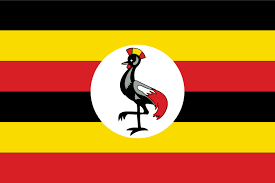 Official Website of the Ministry of Water and Environment
Official Website of the Ministry of Water and Environment


